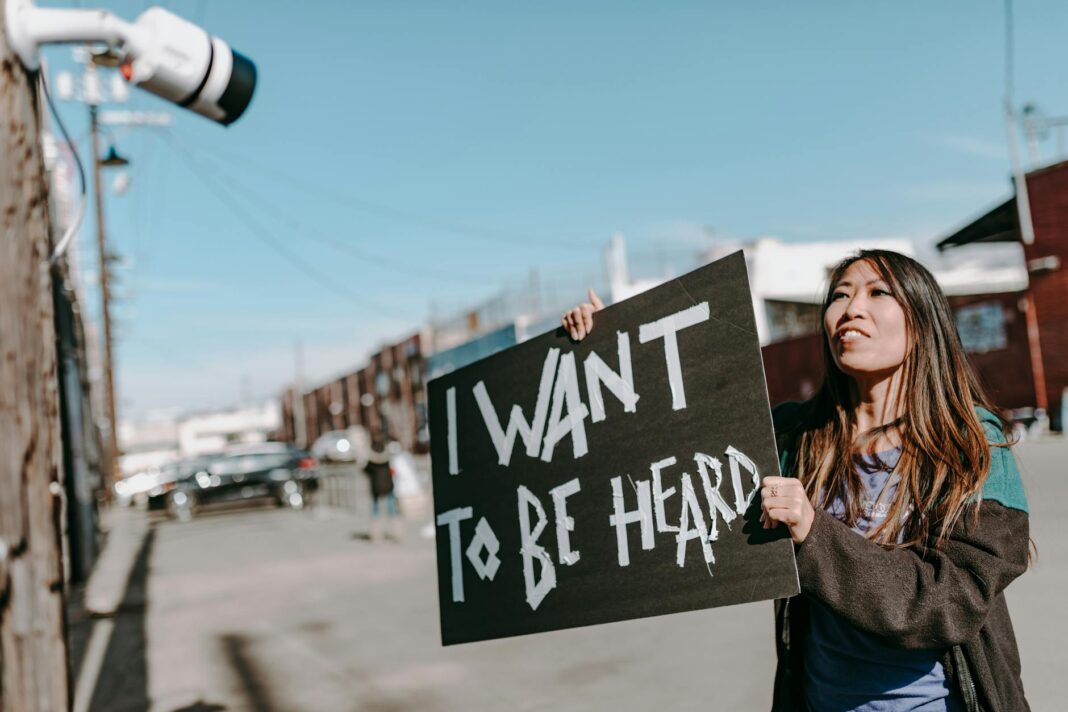Social Media Outrage Over Charlie Kirk’s Alleged Murder Celebratio
n
In a disturbing turn of events, the murder of conservative activist Charlie Kirk has ignited a firestorm online. Multiple social media users have taken to platforms like Twitter and Facebook to celebrate his death, expressing glee over the news. This reaction has not gone unnoticed; conservative activists, alongside Republican officials, are now mobilizing against these individuals, seeking to hold them accountable for their actions. The situation has escalated to the point where some have lost their jobs as a direct consequence of their online comments, raising serious questions about the ethics of social media behavior.
The Power of Online Accountabilit
y
What began as a few isolated posts has turned into a coordinated effort to identify and punish those who expressed joy over Kirk’s demise. A doxxing website has emerged, compiling the names and details of users who celebrated the event. This tactic raises ethical questions about the limits of free speech and the repercussions of online behavior. While some argue that these individuals deserve to face the consequences of their words, others caution that this could set a dangerous precedent for silencing dissenting opinions. The line between accountable speech and retribution is becoming increasingly blurred in the digital age.
Political and Cultural Implication
s
The incident underscores a growing divide in the American political and cultural landscape. Supporters of Kirk view this backlash as a necessary measure to defend their values against what they see as an alarming trend of intolerance. In their eyes, celebrating someone’s death, regardless of their political beliefs, crosses a moral line that cannot be ignored. On the flip side, critics of the doxxing campaign argue that it represents a form of digital mob justice, where individuals are publicly shamed and punished for expressing opinions, however distasteful. This creates an environment where fear stifles genuine discourse, and people hesitate to voice their thoughts for fear of backlash.
Community Reactions and the Role of Social Medi
a
Responses from the community are varied and deeply polarized. Some see the firing of individuals who celebrated Kirk’s murder as justified, a necessary step to maintain decorum in public discourse. They argue that there should be standards for acceptable speech, especially when it comes to sensitive topics like death. Others, however, express concern over the chilling effect this could have on freedom of speech. “What happens when we start punishing people for their thoughts?” one user pondered, highlighting the risks of creating an atmosphere where only certain viewpoints are tolerated.
This incident serves as a flashpoint for discussions about the ethics of online behavior and the ramifications of social media activism. Social media platforms have a dual role: they are both a place for free expression and a battleground for ideological conflict. The platforms’ moderation policies often struggle to find a balance between allowing free speech and curbing harmful rhetoric. This incident may prompt a reevaluation of how social media companies handle posts that incite hate or celebrate violence.
The Broader Contex
t
Furthermore, the backlash against those celebrating Kirk’s death reflects a wider societal struggle with how we engage with differing opinions. As political polarization deepens, the risk of dehumanizing those with whom we disagree grows. The response to Kirk’s alleged murder celebration illustrates how easily social media can turn into a weapon for retaliation, rather than a forum for constructive dialogue. The environment online is fraught with tension, and this case serves as a grim reminder of the real-world consequences that can arise from virtual words.
Question
s
How far should accountability go in the realm of social media expression?
Are we witnessing a dangerous trend in online behavior, or is it a necessary corrective?
What role should platforms play in moderating content that promotes violence or hatred?




